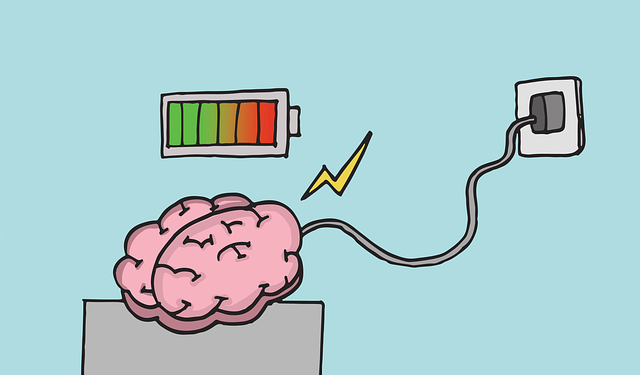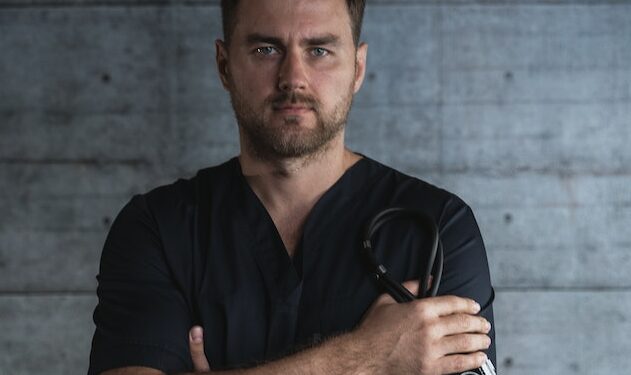
Sleep deprivation in medicine: A wake-up call
Before you started studying / working in medicine, how many hours of sleep did you get a night (on average)? What happened to your sleep during med school, residency, and beyond? Sleep, and the lack thereof, is so tied up in our working hours and such a tradition in medicine, that we almost take the lack of it for granted.










